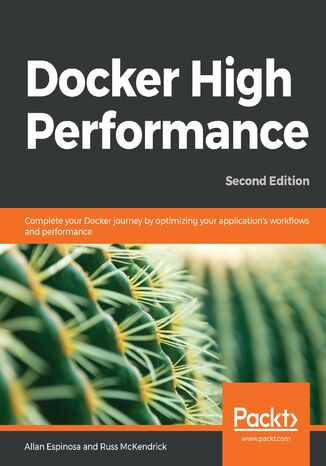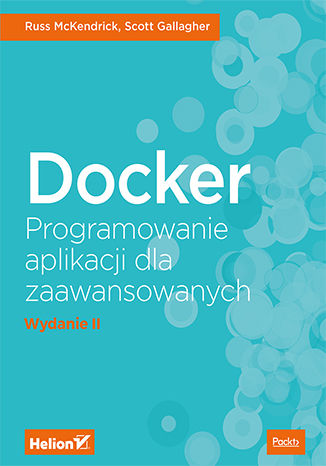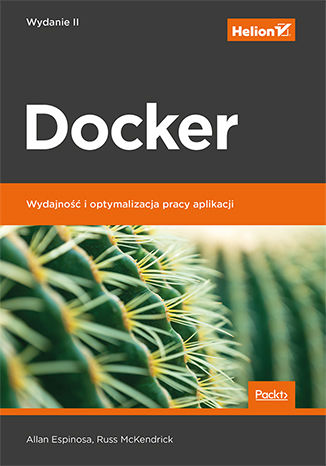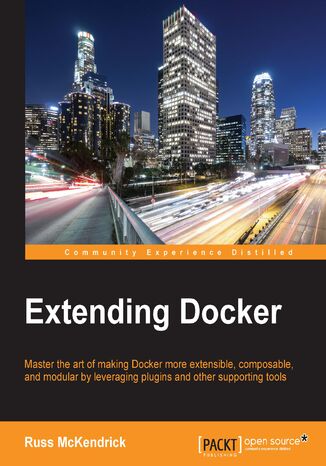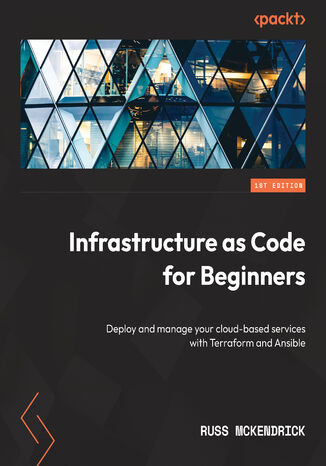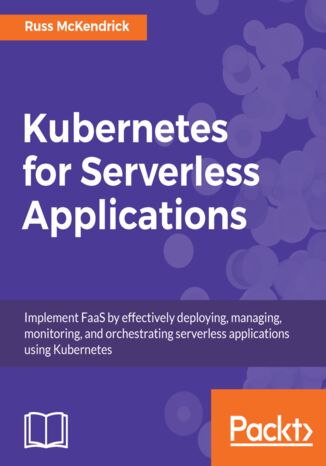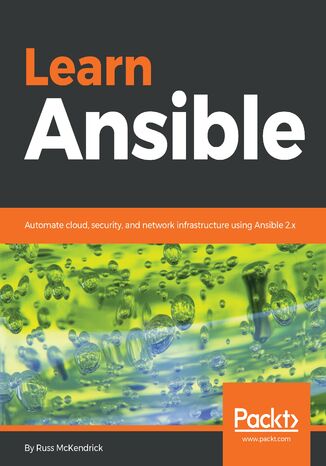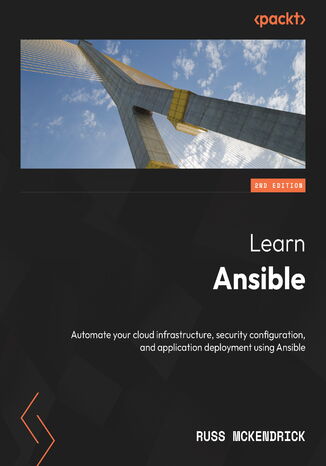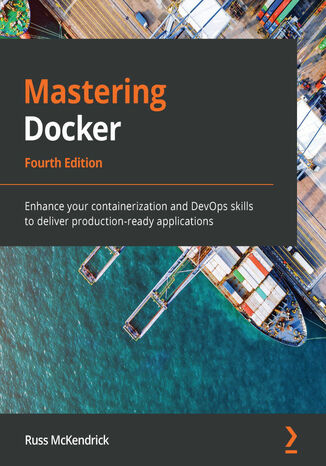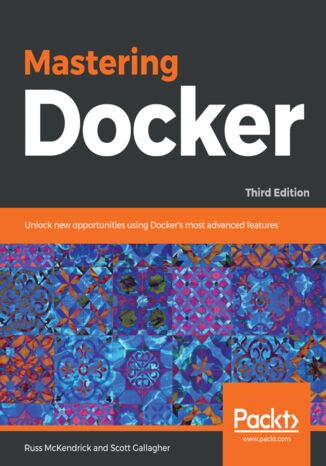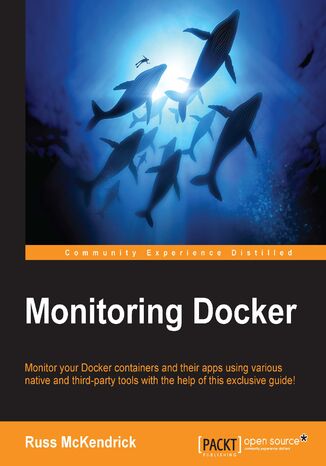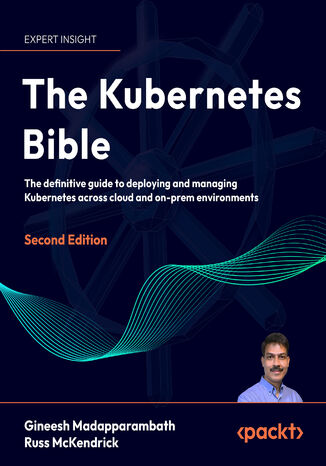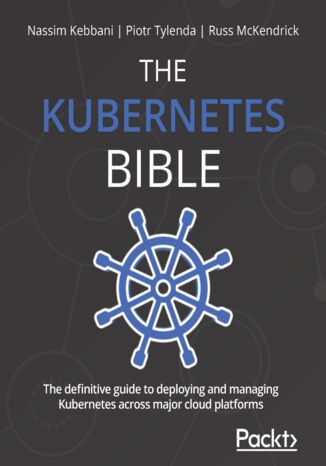Categories
Ebooks
-
Business and economy
- Bitcoin
- Businesswoman
- Coaching
- Controlling
- E-business
- Economy
- Finances
- Stocks and investments
- Personal competence
- Computer in the office
- Communication and negotiation
- Small company
- Marketing
- Motivation
- Multimedia trainings
- Real estate
- Persuasion and NLP
- Taxes
- Social policy
- Guides
- Presentations
- Leadership
- Public Relation
- Reports, analyses
- Secret
- Social Media
- Sales
- Start-up
- Your career
- Management
- Project management
- Human Resources
-
For children
-
For youth
-
Education
-
Encyclopedias, dictionaries
-
E-press
- Architektura i wnętrza
- Health and Safety
- Biznes i Ekonomia
- Home and garden
- E-business
- Ekonomia i finanse
- Esoterecism
- Finances
- Personal finance
- Business
- Photography
- Computer science
- HR & Payroll
- For women
- Computers, Excel
- Accounts
- Culture and literature
- Scientific and academic
- Environmental protection
- Opinion-forming
- Education
- Taxes
- Travelling
- Psychology
- Religion
- Agriculture
- Book and press market
- Transport and Spedition
- Healthand beauty
-
History
-
Computer science
- Office applications
- Data bases
- Bioinformatics
- IT business
- CAD/CAM
- Digital Lifestyle
- DTP
- Electronics
- Digital photography
- Computer graphics
- Games
- Hacking
- Hardware
- IT w ekonomii
- Scientific software package
- School textbooks
- Computer basics
- Programming
- Mobile programming
- Internet servers
- Computer networks
- Start-up
- Operational systems
- Artificial intelligence
- Technology for children
- Webmastering
-
Other
-
Foreign languages
-
Culture and art
-
School reading books
-
Literature
- Antology
- Ballade
- Biographies and autobiographies
- For adults
- Dramas
- Diaries, memoirs, letters
- Epic, epopee
- Essay
- Fantasy and science fiction
- Feuilletons
- Work of fiction
- Humour and satire
- Other
- Classical
- Crime fiction
- Non-fiction
- Fiction
- Mity i legendy
- Nobelists
- Novellas
- Moral
- Okultyzm i magia
- Short stories
- Memoirs
- Travelling
- Narrative poetry
- Poetry
- Politics
- Popular science
- Novel
- Historical novel
- Prose
- Adventure
- Journalism, publicism
- Reportage novels
- Romans i literatura obyczajowa
- Sensational
- Thriller, Horror
- Interviews and memoirs
-
Natural sciences
-
Social sciences
-
School textbooks
-
Popular science and academic
- Archeology
- Bibliotekoznawstwo
- Cinema studies
- Philology
- Polish philology
- Philosophy
- Finanse i bankowość
- Geography
- Economy
- Trade. World economy
- History and archeology
- History of art and architecture
- Cultural studies
- Linguistics
- Literary studies
- Logistics
- Maths
- Medicine
- Humanities
- Pedagogy
- Educational aids
- Popular science
- Other
- Psychology
- Sociology
- Theatre studies
- Theology
- Economic theories and teachings
- Transport i spedycja
- Physical education
- Zarządzanie i marketing
-
Guides
-
Game guides
-
Professional and specialist guides
-
Law
- Health and Safety
- History
- Road Code. Driving license
- Law studies
- Healthcare
- General. Compendium of knowledge
- Academic textbooks
- Other
- Construction and local law
- Civil law
- Financial law
- Economic law
- Economic and trade law
- Criminal law
- Criminal law. Criminal offenses. Criminology
- International law
- International law
- Health care law
- Educational law
- Tax law
- Labor and social security law
- Public, constitutional and administrative law
- Family and Guardianship Code
- agricultural law
- Social law, labour law
- European Union law
- Industry
- Agricultural and environmental
- Dictionaries and encyclopedia
- Public procurement
- Management
-
Tourist guides and travel
- Africa
- Albums
- Southern America
- North and Central America
- Australia, New Zealand, Oceania
- Austria
- Asia
- Balkans
- Middle East
- Bulgary
- China
- Croatia
- The Czech Republic
- Denmark
- Egipt
- Estonia
- Europe
- France
- Mountains
- Greece
- Spain
- Holand
- Iceland
- Lithuania
- Latvia
- Mapy, Plany miast, Atlasy
- Mini travel guides
- Germany
- Norway
- Active travelling
- Poland
- Portugal
- Other
- Przewodniki po hotelach i restauracjach
- Russia
- Romania
- Slovakia
- Slovenia
- Switzerland
- Sweden
- World
- Turkey
- Ukraine
- Hungary
- Great Britain
- Italy
-
Psychology
- Philosophy of life
- Kompetencje psychospołeczne
- Interpersonal communication
- Mindfulness
- General
- Persuasion and NLP
- Academic psychology
- Psychology of soul and mind
- Work psychology
- Relacje i związki
- Parenting and children psychology
- Problem solving
- Intellectual growth
- Secret
- Sexapeal
- Seduction
- Appearance and image
- Philosophy of life
-
Religion
-
Sport, fitness, diets
-
Technology and mechanics
Audiobooks
-
Business and economy
- Bitcoin
- Businesswoman
- Coaching
- Controlling
- E-business
- Economy
- Finances
- Stocks and investments
- Personal competence
- Communication and negotiation
- Small company
- Marketing
- Motivation
- Real estate
- Persuasion and NLP
- Taxes
- Social policy
- Guides
- Presentations
- Leadership
- Public Relation
- Secret
- Social Media
- Sales
- Start-up
- Your career
- Management
- Project management
- Human Resources
-
For children
-
For youth
-
Education
-
Encyclopedias, dictionaries
-
E-press
-
History
-
Computer science
-
Other
-
Foreign languages
-
Culture and art
-
School reading books
-
Literature
- Antology
- Ballade
- Biographies and autobiographies
- For adults
- Dramas
- Diaries, memoirs, letters
- Epic, epopee
- Essay
- Fantasy and science fiction
- Feuilletons
- Work of fiction
- Humour and satire
- Other
- Classical
- Crime fiction
- Non-fiction
- Fiction
- Mity i legendy
- Nobelists
- Novellas
- Moral
- Okultyzm i magia
- Short stories
- Memoirs
- Travelling
- Poetry
- Politics
- Popular science
- Novel
- Historical novel
- Prose
- Adventure
- Journalism, publicism
- Reportage novels
- Romans i literatura obyczajowa
- Sensational
- Thriller, Horror
- Interviews and memoirs
-
Natural sciences
-
Social sciences
-
Popular science and academic
-
Guides
-
Professional and specialist guides
-
Law
-
Tourist guides and travel
-
Psychology
- Philosophy of life
- Interpersonal communication
- Mindfulness
- General
- Persuasion and NLP
- Academic psychology
- Psychology of soul and mind
- Work psychology
- Relacje i związki
- Parenting and children psychology
- Problem solving
- Intellectual growth
- Secret
- Sexapeal
- Seduction
- Appearance and image
- Philosophy of life
-
Religion
-
Sport, fitness, diets
-
Technology and mechanics
Videocourses
-
Data bases
-
Big Data
-
Biznes, ekonomia i marketing
-
Cybersecurity
-
Data Science
-
DevOps
-
For children
-
Electronics
-
Graphics/Video/CAX
-
Games
-
Microsoft Office
-
Development tools
-
Programming
-
Personal growth
-
Computer networks
-
Operational systems
-
Software testing
-
Mobile devices
-
UX/UI
-
Web development
-
Management
Podcasts
Allan Espinosa, Russ McKendrick
Docker is an enterprise-grade container platform that allows you to build and deploy your apps. Its portable format lets you run your code right from your desktop workstations to popular cloud computing providers. This comprehensive guide will improve your Docker work?ows and ensure your application's production environment runs smoothly.This book starts with a refresher on setting up and running Docker and details the basic setup for creating a Docker Swarm cluster. You will then learn how to automate this cluster by using the Chef server and cookbooks. After that, you will run the Docker monitoring system with Prometheus and Grafana, and deploy the ELK stack. You will also learn best practices for optimizing Docker images.After deploying containers with the help of Jenkins, you will then move on to a tutorial on using Apache JMeter to analyze your application's performance. You will learn how to use Docker Swarm and NGINX to load-balance your application, and how common debugging tools in Linux can be used to troubleshoot Docker containers.By the end of this book, you will be able to integrate all the optimizations that you have learned and put everything into practice in your applications.
Docker. Programowanie aplikacji dla zaawansowanych. Wydanie II
Russ McKendrick, Scott Gallagher
Od czasu swojej premiery w 2013 r. Docker cieszy się rosnącym zainteresowaniem. Liczba deweloperów korzystających z tej platformy rośnie lawinowo. Docker zmienił sposób projektowania i wdrażania aplikacji, włączając w to również aplikacje sieciowe. Ma duże możliwości i łączy w sobie prostotę wdrażania aplikacji z prostotą administrowania. Pozwala na rozwiązywanie problemów, z którymi borykają się zespoły programistów i administratorów wdrażających nowe systemy. Jednym słowem, jest to niezwykle użyteczne narzędzie i warto maksymalnie wykorzystać jego potencjał! Niniejsza książka jest praktycznym podręcznikiem, dzięki któremu szybko zaczniesz efektywnie korzystać z Dockera. Prędko też zauważysz zupełnie nowe możliwości pracy nad oprogramowaniem. Zapoznasz się z podstawowymi koncepcjami związanymi z Dockerem i z takimi zagadnieniami, jak budowanie, zarządzanie i przechowywanie obrazów. Dowiesz się, kiedy i w jaki sposób warto rozszerzyć Dockera i jak zintegrować go z różnymi platformami i narzędziami. Nauczysz się pracować z kontenerami za pomocą narzędzi Docker Machine, Docker Swarm i Docker Compose. Zapoznasz się również z problematyką bezpieczeństwa tworzonych systemów. W tej książce między innymi: zwięzłe podstawy Dockera oraz zasady pracy z obrazami i kontenerami Dockera przechowywanie i dystrybucja obrazów praca z narzędziami Portainer i Rancher oraz z usługą Docker Cloud zabezpieczanie platformy i zarządzanie przepływem zadań ulepszanie aplikacji działającej w kontenerze Dockera Docker: od teraz aplikacja działa zawsze i wszędzie!
Docker. Wydajność i optymalizacja pracy aplikacji. Wydanie II
Allan Espinosa, Russ McKendrick
Docker to technologia, dzięki której można uruchamiać kod w wielu środowiskach i na różnych platformach. Sposób działania tego oprogramowania bardzo upraszcza opracowywanie, testowanie, wdrażanie i skalowanie aplikacji. Docker wciąż jest sukcesywnie rozwijany. Zyskał znakomitą stabilność, a zestaw udostępnianych programistom narzędzi stale rośnie. Twórcy dużych systemów, zwłaszcza rozproszonych, coraz bardziej doceniają jego potencjał. Szczególnie atrakcyjny jest dla tych projektantów, którzy stawiają na konteneryzację i automatyzację przepływu pracy i ciągle poszukują sposobów optymalizowania działania swoich aplikacji. Ta książka to znakomity przewodnik, dzięki któremu szybko poprawisz wydajność swoich aplikacji Dockera. Wyjaśniono tu zasady dostrajania plików Dockerfile, pokazano praktyczne techniki wdrażania kontenerów Dockera, przedstawiono także informacje o monitorowaniu wydajności kontenerów oraz o pracy z dziennikami zdarzeń hostów za pomocą stosu ELK. Z książki dowiesz się również, w jaki sposób standardowe narzędzia Linuksa umożliwiają diagnozowanie i rozwiązywanie problemów związanych z kontenerami. Nie zabrakło bardzo przydatnych wskazówek odnoszących się do przygotowania aplikacji do wdrożenia w środowiskach produkcyjnych z wykorzystaniem najefektywniejszych technik DevOps. W tej książce między innymi: przygotowanie Dockera i jego konfigurowanie za pomocą programu Chef monitorowanie Dockera za pomocą systemu Prometheus sprawne wdrażanie aplikacji i testy wydajności skalowanie aplikacji Dockera debugowanie kontenerów Wydajny. Wydajniejszy. Docker.
With Docker, it is possible to get a lot of apps running on the same old servers, making it very easy to package and ship programs. The ability to extend Docker using plugins and load third-party plugins is incredible, and organizations can massively benefit from it.In this book, you will read about what first and third party tools are available to extend the functionality of your existing Docker installation and how to approach your next Docker infrastructure deployment. We will show you how to work with Docker plugins, install it, and cover its lifecycle. We also cover network and volume plugins, and you will find out how to build your own plugin. You’ll discover how to integrate it with Puppet, Ansible, Jenkins, Flocker, Rancher, Packer, and more with third-party plugins. Then, you’ll see how to use Schedulers such as Kubernetes and Amazon ECS. Finally, we’ll delve into security, troubleshooting, and best practices when extending Docker.By the end of this book, you will learn how to extend Docker and customize it based on your business requirements with the help of various tools and plugins.
The Infrastructure as Code (IaC) approach ensures consistent and repeatable deployment of cloud-based IaaS/PaaS services, saving you time while delivering impeccable results. Infrastructure as Code for Beginners is a practical implementation guide that helps you gain a clear understanding of the foundations of Infrastructure as Code and make informed decisions when implementing it.With this book, you’ll uncover essential IaC concepts, including planning, selecting, and implementing the right tools for your project. With step-by-step explanations and real-world examples, you'll gain a solid understanding of the benefits of IaC and the scope of application in your projects. You'll learn about the pros, cons, and best practices of different IaC tools such as Terraform and Ansible, and their use at different stages of the deployment process along with GitHub Actions. Using these tools, you'll be able to design, deploy, and secure your infrastructure on two major cloud platforms, Microsoft Azure and Amazon Web Services. In addition, you'll explore other IaC tools such as Pulumi, AWS CloudFormation, and Azure Bicep.By the end of this book, you’ll be well equipped to approach your IaC projects confidently.
Kubernetes has established itself as the standard platform for container management, orchestration, and deployment. It has been adopted by companies such as Google, its original developers, and Microsoft as an integral part of their public cloud platforms, so that you can develop for Kubernetes and not worry about being locked into a single vendor.This book will initially start by introducing serverless functions. Then you will configure tools such as Minikube to run Kubernetes. Once you are up-and-running, you will install and configure Kubeless, your first step towards running Function as a Service (FaaS) on Kubernetes. Then you will gradually move towards running Fission, a framework used for managing serverless functions on Kubernetes environments. Towards the end of the book, you will also work with Kubernetes functions on public and private clouds. By the end of this book, we will have mastered using Function as a Service on Kubernetes environments.
Learn Ansible. Automate cloud, security, and network infrastructure using Ansible 2.x
Ansible has grown from a small, open source orchestration tool to a full-blown orchestration and configuration management tool owned by Red Hat. Its powerful core modules cover a wide range of infrastructures, including on-premises systems and public clouds, operating systems, devices, and services—meaning it can be used to manage pretty much your entire end-to-end environment. Trends and surveys say that Ansible is the first choice of tool among system administrators as it is so easy to use.This end-to-end, practical guide will take you on a learning curve from beginner to pro. You'll start by installing and configuring the Ansible to perform various automation tasks. Then, we'll dive deep into the various facets of infrastructure, such as cloud, compute and network infrastructure along with security.By the end of this book, you'll have an end-to-end understanding of Ansible and how you can apply it to your own environments.
Are you tired of manually deploying and managing your infrastructure and looking for ways to streamline your deployments, introduce consistency and collaboration, and save time? If so, then Learn Ansible is for you. Written by a DevOps practitioner and system administrator with 30+ years of experience, this book will teach you how to automate repetitive tasks and effortlessly manage several resources from a single code base.From installing Ansible and writing your first playbook to deploying multi-tier applications across different cloud platforms, this book will take you on an exciting learning journey. By learning the art of defining highly available cloud infrastructure using code, you’ll find it easy to distribute configurations alongside your application. You’ll explore Ansible Galaxy, learn about community-contributed Ansible roles, and discover how to create and share your own roles. Later, the book delves into the capabilities of Ansible AWX and integrating Ansible with your CI/CD pipelines, using Azure DevOps and GitHub Actions. With real-world examples and hands-on tutorials, you’ll build a solid foundation to tackle any automation project.By the end of this book, you'll be able to confidently implement Ansible in your environment and day-to-day workflows, taking your deployments to the next level.
Docker has been a game changer when it comes to how modern applications are deployed and created. It has now grown into a key driver of innovation beyond system administration, with a significant impact on the world of web development. Mastering Docker shows you how you can ensure that you're keeping up with the innovations it's driving and be sure you're using it to its full potential. This fourth edition not only demonstrates how to use Docker more effectively but also helps you rethink and reimagine what you can achieve with it.You'll start by building, managing, and storing images along with exploring best practices for working with Docker confidently. Once you've got to grips with Docker security, the book covers essential concepts for extending and integrating Docker in new and innovative ways. You'll also learn how to take control of your containers efficiently using Docker Compose, Docker Swarm, and Kubernetes.By the end of this Docker book, you’ll have a broad yet detailed sense of what's possible with Docker and how seamlessly it fits in with a range of other platforms and tools.
Mastering Docker. Unlock new opportunities using Docker's most advanced features - Third Edition
Russ McKendrick, Scott Gallagher
Docker has been a game-changer when it comes to how modern applications are deployed and created. It has now grown into a key driver of innovation beyond system administration, with an impact on the world of web development. But how can you make sure you're keeping up with the innovations it's driving, or be sure you're using it to its full potential? Mastering Docker shows you how; this book not only demonstrates how to use Docker more effectively, but also helps you rethink and reimagine what's possible with it. You will cover concepts such as building, managing, and storing images, along with best practices to make you confident, before delving more into Docker security. You'll find everything related to extending and integrating Docker in new and innovative ways. Docker Compose, Docker Swarm, and Kubernetes will help you take control of your containers in an efficient manner.By the end of the book, you will have a broad, yet detailed, sense of what's possible with Docker, and how seamlessly it fits in with a range of other platforms and tools.
This book will show you how monitoring containers and keeping a keen eye on the working of applications helps improve the overall performance of the applications that run on Docker. With the increased adoption of Docker containers, the need to monitor which containers are running, what resources they are consuming, and how these factors affect the overall performance of the system has become the need of the moment.This book covers monitoring containers using Docker's native monitoring functions, various plugins, as well as third-party tools that help in monitoring. Well start with how to obtain detailed stats for active containers, resources consumed, and container behavior. We also show you how to use these stats to improve the overall performance of the system. Next, you will learn how to use SysDig to both view your containers performance metrics in real time and record sessions to query later. By the end of this book, you will have a complete knowledge of how to implement monitoring for your containerized applications and make the most of the metrics you are collecting
Gineesh Madapparambath, Russ McKendrick, Ed Price
Kubernetes has become the go-to orchestration platform for containerized applications. As a Kubernetes user, you know firsthand how powerful yet complex this tool can be. The Kubernetes Bible cuts through the complexity, offering hands-on examples and expert advice to conquer containerization challengesWith this new edition, you will master cutting edge security practices, deploy seamlessly and scale effortlessly, ensuring unwavering service availability. You will gain the expertise to craft production-grade applications, secure development environments, navigate complex deployments with ease, and become a security maestro. You will be able to optimize network communication and data management across major cloud platforms. Additionally, this book dives deep into these challenges, offering solutions such as multi-container Pods, advanced security techniques, and expert networking guidance. You will also explore persistent storage advancements, cloud-specific cluster management updates, and best practices for traffic routingBy the end of this comprehensive guide, you will possess the skills and knowledge to orchestrate your containerized applications with precision, ensuring their optimal performance and scalability. Stop settling for basic container management. Order your copy today and orchestrate your containers to greatness.
Nassim Kebbani, Piotr Tylenda, Russ McKendrick
With its broad adoption across various industries, Kubernetes is helping engineers with the orchestration and automation of container deployments on a large scale, making it the leading container orchestration system and the most popular choice for running containerized applications.This Kubernetes book starts with an introduction to Kubernetes and containerization, covering the setup of your local development environment and the roles of the most important Kubernetes components. Along with covering the core concepts necessary to make the most of your infrastructure, this book will also help you get acquainted with the fundamentals of Kubernetes. As you advance, you'll learn how to manage Kubernetes clusters on cloud platforms, such as Amazon Web Services (AWS), Microsoft Azure, and Google Cloud Platform (GCP), and develop and deploy real-world applications in Kubernetes using practical examples. Additionally, you'll get to grips with managing microservices along with best practices.By the end of this book, you'll be equipped with battle-tested knowledge of advanced Kubernetes topics, such as scheduling of Pods and managing incoming traffic to the cluster, and be ready to work with Kubernetes on cloud platforms.

